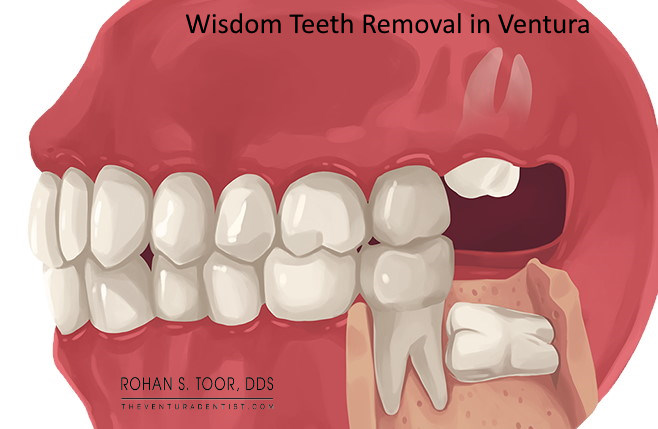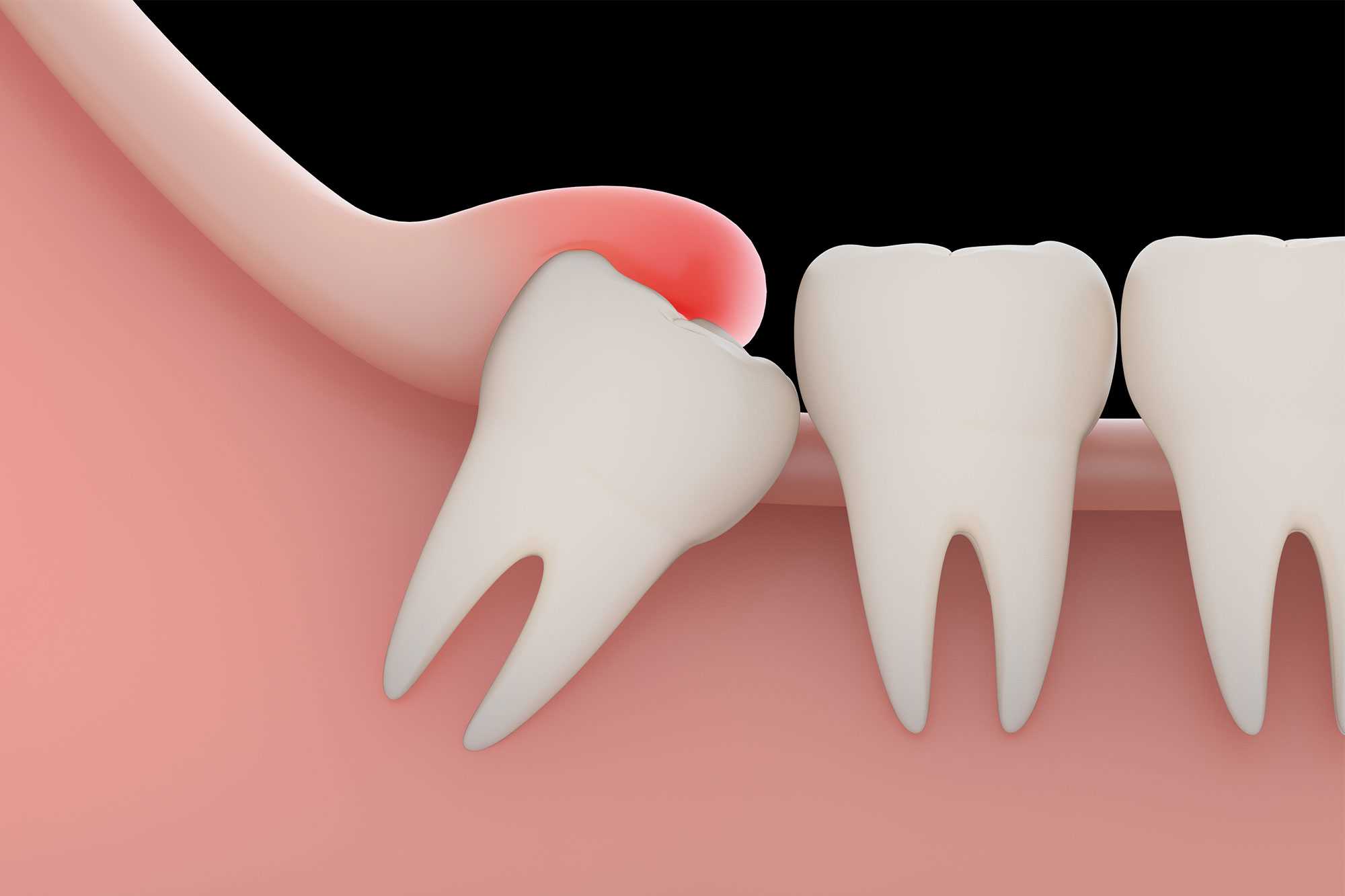Discovering Different Sedation Options for a Comfortable Knowledge Pearly Whites Extraction Experience
The usage of sedation during such treatments has come to be increasingly typical to ease anxiety and discomfort. With an array of sedation alternatives readily available, from regional anesthesia to general anesthetic, each technique uses varying degrees of relaxation and pain control.
Local Anesthetic
Local anesthetic is a commonly utilized technique for numbing particular locations of the mouth during wisdom teeth extraction treatments. By carrying out a neighborhood anesthetic, such as lidocaine, a dental professional can guarantee that the patient remains pain-free and comfy throughout the extraction process.
Among the main benefits of regional anesthetic is its targeted numbing effect, which indicates that just the details area being treated is influenced. This local strategy lessens the danger of systemic adverse effects and enables a quicker recuperation post-procedure. In addition, regional anesthetic is considered to be a secure and routine practice in dentistry, with marginal dangers involved when carried out by a qualified expert.
Nitrous Oxide
Nitrous oxide, generally understood as giggling gas, is a type of sedation typically made use of in dental care to aid individuals loosen up throughout dental treatments. This sedation alternative allows the patient to continue to be receptive and aware throughout the treatment while really feeling at simplicity and comfortable.
Additionally, laughing gas is understood for its rapid recuperation time. As soon as the mask is gotten rid of, the effects of the gas diminish quickly, permitting clients to resume their typical tasks without remaining sedative impacts. This makes nitrous oxide a convenient selection for those that require to drive themselves home after the oral appointment. Nitrous oxide is appropriate for clients of all ages, making it a functional sedation choice for knowledge teeth extractions and various other dental procedures.
Oral Sedation
Oral sedation, a pharmacological method employed in dentistry, involves the management of sedative medicines by mouth to induce a kicked back state throughout dental treatments. The medications prescribed for oral sedation belong to a course of medicines called benzodiazepines, which have sedative, anxiolytic, and amnesic residential properties.
Unlike intravenous sedation, oral sedation does not call for shots or needles, making it a more comfy alternative for people with a concern of needles. In addition, dental sedation is considered risk-free and effective when carried out by experienced dental experts.
IV Sedation
Carried out intravenously by trained clinical professionals, IV sedation is an effective approach used to cause a controlled state of deep relaxation and unconsciousness during dental procedures. Unlike oral sedation, which can be unforeseeable in its results, IV sedation enables accurate control over the level of sedation, making it an optimal selection for complex treatments like wisdom teeth extractions.
Throughout IV sedation, a sedative drug is delivered directly into the blood stream via a blood vessel, allowing it to work rapidly and effectively. This technique ensures that the patient continues to be not aware and comfy of the procedure while still keeping vital functions such as breathing and heart price.
Among the primary benefits of IV sedation is its ability to offer a deeper level of sedation contrasted to other methods, making it particularly appropriate for patients with high levels of stress and anxiety or see it here those going through substantial oral job (wisdom teeth removal aspendale). Furthermore, the effects of IV sedation normally wear away gradually after the procedure, decreasing the probability of grogginess or sticking around adverse effects. Generally, IV sedation supplies a reliable and risk-free option for making sure a comfy and trouble-free experience during knowledge teeth removal

General Anesthesia
Having actually reviewed the benefits of IV sedation for wisdom teeth extraction, the use of general anesthetic provides a different choice for clients calling for a deeper degree of unconsciousness during dental treatments. General anesthesia generates a regulated state of unfamiliarity, making sure the client really feels no discomfort or discomfort during the removal procedure. This approach is specifically useful for people with severe dental stress and anxiety, complicated surgical requirements, or those going through numerous extractions all at once.
General anesthesia is administered by a trained anesthesiologist who very closely keeps an eye on the client's vital indications throughout the treatment. It involves making use of intravenous drugs or inhaled gases to induce a state of unconsciousness. While under general anesthesia, the patient will not be conscious of the surgery, experience any pain, or have any kind of recollection of the treatment later.
Although basic anesthesia is secure when administered by qualified professionals, it brings a somewhat greater risk compared to various other sedation options - wisdom teeth removal aspendale. People thinking about general anesthesia for wisdom teeth removal should go over the potential threats and advantages with their dental practitioner or oral doctor to make an informed decision based on their individual demands and Find Out More clinical history

Conclusion
In final thought, various sedation alternatives are readily available to make certain a comfy wisdom teeth removal experience. Oral sedation and IV sedation deal deeper levels of relaxation, depending on the person's needs.
Nitrous oxide is appropriate for individuals of all ages, making it a functional sedation choice for knowledge teeth removals and other oral procedures.
